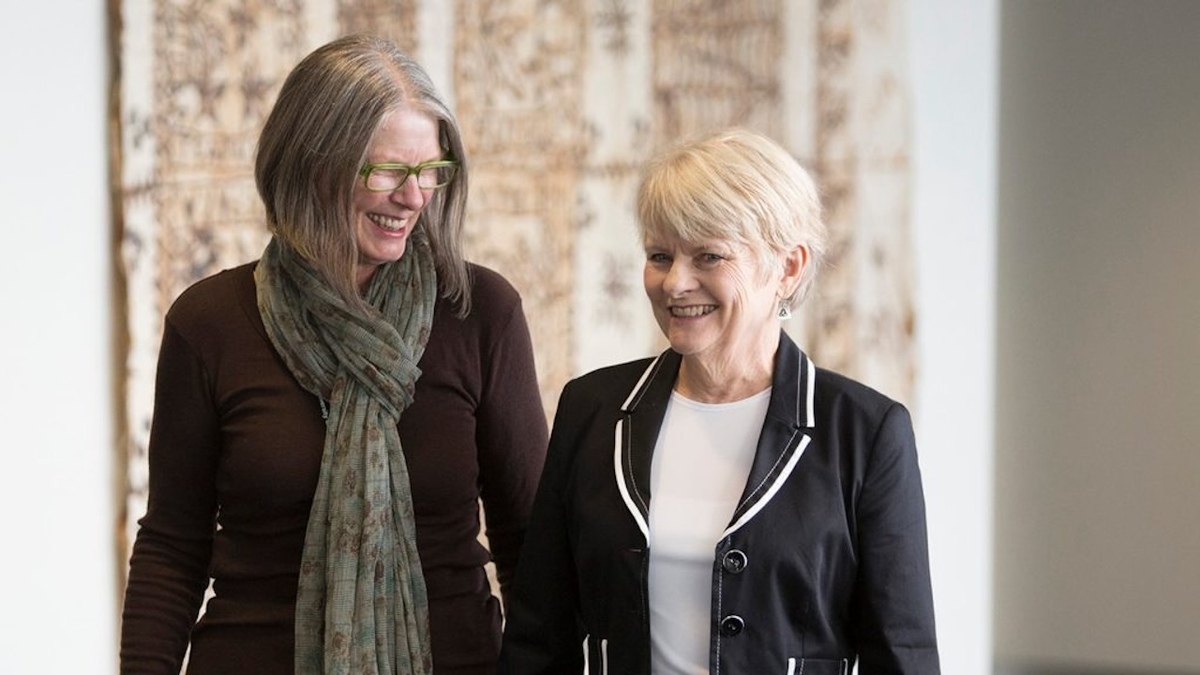Call to Fix Rental Rules for Seniors
Staff Reporter
09 April 2025, 2:14 AM
 Dr Claire Dale (left) with honorary associate professor Susan St John.
Dr Claire Dale (left) with honorary associate professor Susan St John.Rental affordability for seniors must become a national priority, says Dr Claire Dale, a University of Auckland researcher.
Her call follows troubling data: in 2021, 18% of Kiwis aged over 65 were living in poor-quality or overcrowded homes.
By 2047, 40% of older New Zealanders are expected to be renters—more than double today’s figure.
Currently, the average superannuation of $522 per week doesn’t even cover the median rent for a small home, which sits at $550.
“The numbers don’t add up,” says Dr Dale.
She’s calling for urgent reform of the accommodation supplement, a government payment for low-income renters.
Only 5% of those receiving superannuation currently qualify, largely due to a strict and outdated asset cap.
The cap hasn’t changed in 30 years—$8,100 for a single person means even a modest savings buffer disqualifies someone from support.\
Dr Dale proposes lifting that limit to $16,000 and softening the cut-off to allow partial entitlements above the threshold.
She’s also calling for local councils to once again access the government’s income-related rent subsidy.
This would help councils offer affordable, stable housing to older residents—something they historically did well, but can no longer afford to continue without support.
New Zealand has the lowest public housing rate in the OECD, and councils currently lack the funding to fill that gap.
With retirement policy under review this year, and submissions open until 30 June, Claire Dale says now is the time for practical, affordable changes that would make a real difference to seniors—especially those renting.
Seen something local we should cover?
Let us know at [email protected]




